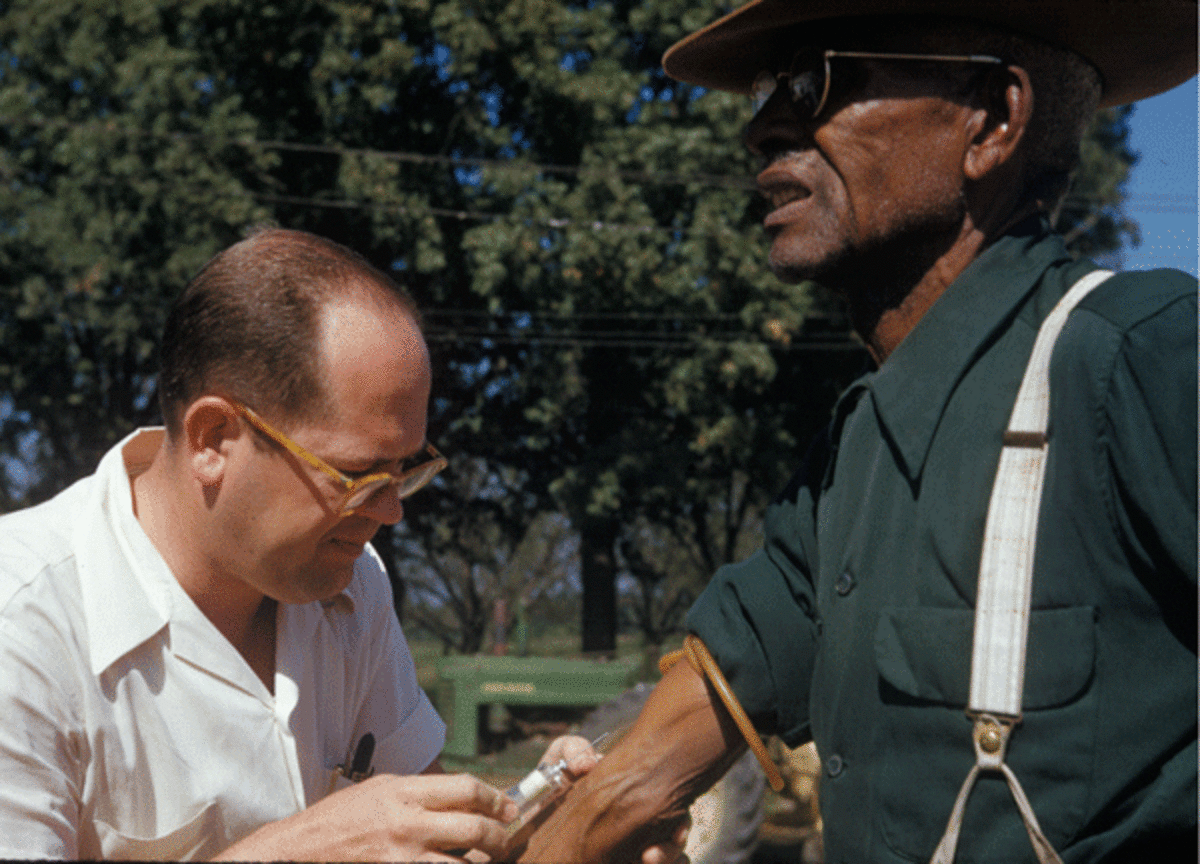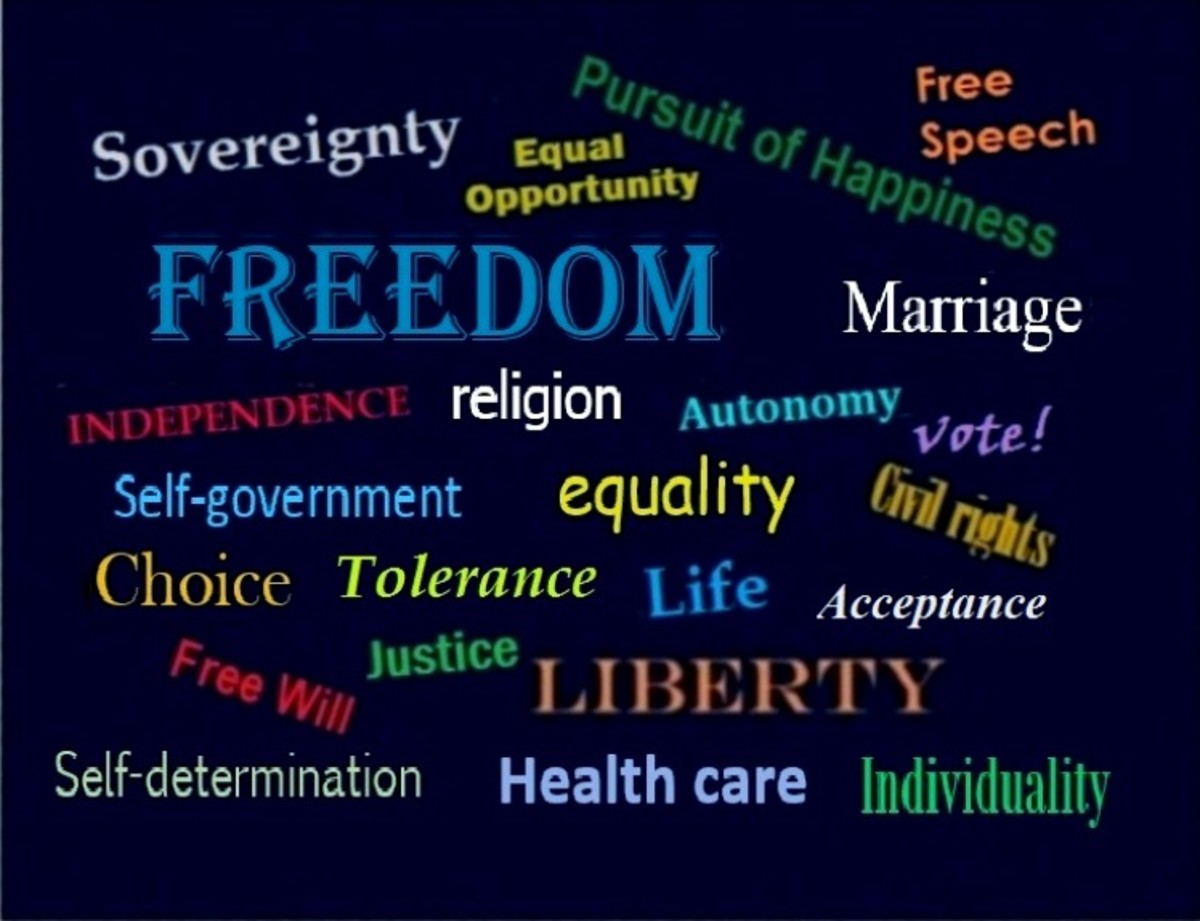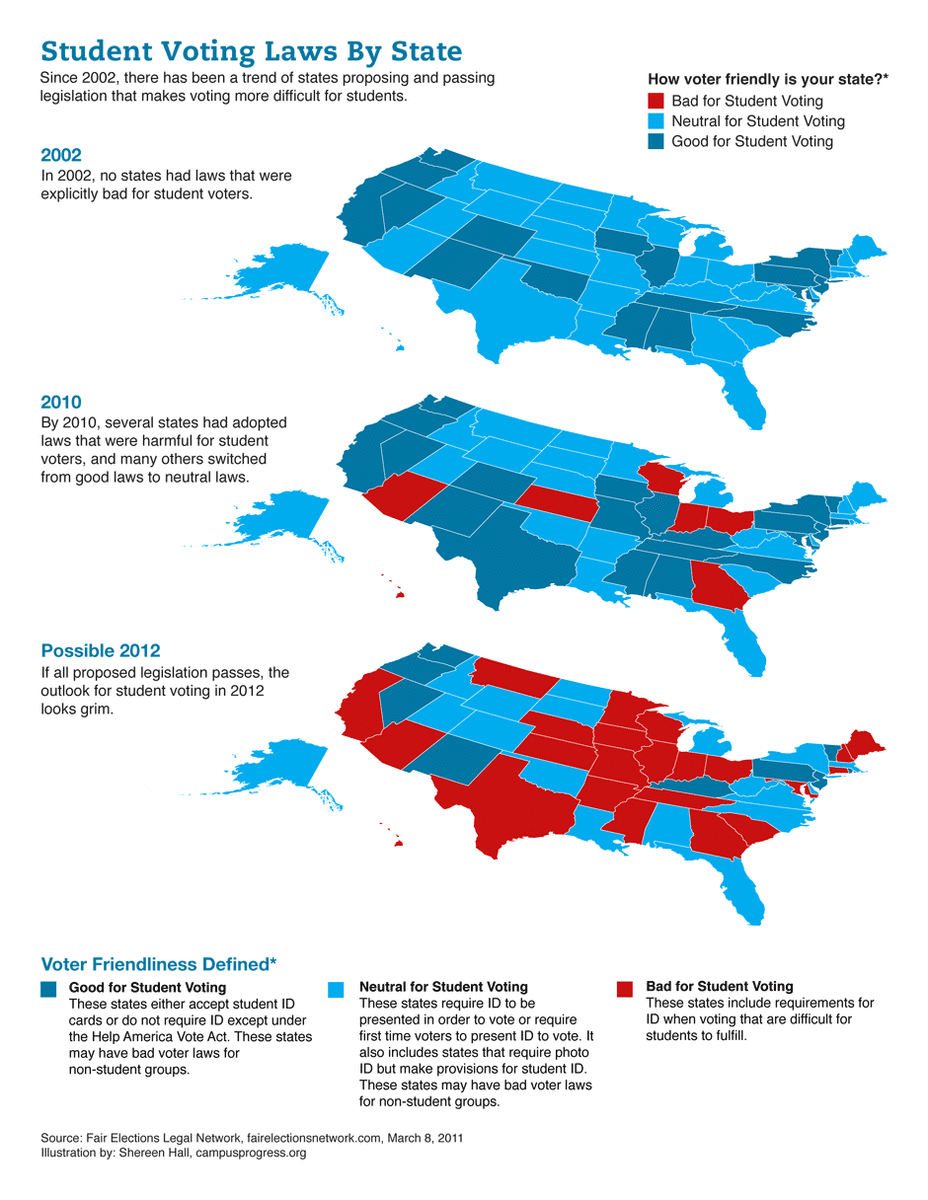What is the Safeguarding Care of Patients Everywhere Act and the Impact?
H.R. 2833 and S.2278
This act if passed and signed into law would have a positive impact on the care of patients everywhere and would greatly increase the ability of health care providers to properly perform their responsibilities to their patients. The main focus of this legislative proposal is to eliminate the authority of the Secretary of Health and Human Services to limit the ability of medical providers to conduct lawful business, and for other purposes.
Typically before the healthcare law the practice of medicine was governed by individual state laws not the federal government. Granted these laws may be different to some extent but primarily this involves licensing and disciplinary boards which define the legitimate practice of medicine. These boards also had the principal responsibility to protect the public from improper and unlawful medical practices. In accomplishing this responsibility these laws from all indications did not violate the principles in the Hippocratic Oath which directs not only new individuals entering the medical field but is the baseline for individuals who have been in the field for years.
One of the critical things about this law is that the actions of the Secretary are not determined solely by the needs of the patient or the Hippocratic Oath which has been the basic principles of the medical profession. As with any government entity and the individual in charge decisions can be influenced by individuals and financial interests. Granted this should not be part of the political process but we all know that Congress is lobbied to make certain decisions and departments and agencies are not immune to this influence.
Another aspect of the healthcare law gives the Secretary the authority to determine the content of a specified patient safety evaluation system and healthcare quality mechanisms. The Secretary also has the authority to require qualified healthcare plans to contract with providers, including hospitals with more than 50 beds which have a system identified in the preceding sentence. The elements discussed thus far in terms of what this legislative proposal is attempting to do identifies a stark contrast to the Hippocratic Oath which is provided below:
Hippocratic Oath – Modern version
I swear to fulfill, to the best of my ability and judgment, this covenant:
I will respect the hard-won scientific gains of those physicians in whose steps I walk, and gladly share such knowledge as is mine with those who are to follow.
I will apply, for the benefit of the sick, all measures which are required, avoiding those twin traps of overtreatment and therapeutic nihilism.
I will remember that there is art to medicine as well as science, and that warmth, sympathy, and understanding may outweigh the surgeon's knife or the chemist's drug.
I will not be ashamed to say "I know not," nor will I fail to call in my colleagues when the skills of another are needed for a patient's recovery.
I will respect the privacy of my patients, for their problems are not disclosed to me that the world may know. Most especially must I tread with care in matters of life and death. If it is given me to save a life, all thanks. But it may also be within my power to take a life; this awesome responsibility must be faced with great humbleness and awareness of my own frailty. Above all, I must not play at God.
I will remember that I do not treat a fever chart, a cancerous growth, but a sick human being, whose illness may affect the person's family and economic stability. My responsibility includes these related problems, if I am to care adequately for the sick.
I will prevent disease whenever I can, for prevention is preferable to cure.
I will remember that I remain a member of society, with special obligations to all my fellow human beings, those sound of mind and body as well as the infirm.
If I do not violate this oath, may I enjoy life and art, respected while I live and remembered with affection thereafter. May I always act so as to preserve the finest traditions of my calling and may I long experience the joy of healing those who seek my help.
Written in 1964 by Louis Lasagna, Academic Dean of the School of Medicine at Tufts University, and used in many medical schools today.
Together with the licensing and medical boards throughout the states this oath is what should govern our healthcare system not the federal government. Granted the states may still have some authority and responsibilities regarding licensing and protecting patients from unlawful and improper medical practices and this would be great but there is a distinction to be made. There can be conflict between decisions by the Secretary of Health and Human Services and the principles of the Hippocratic Oath which has governed the healthcare industry long before this law was enacted. There was even a lawsuit challenging a decision by the secretary to no allow an operation to be performed and as a result the court ordered the operation to be performed over the Secretary’s decision. Courts should not have to get involved with whether a patient gets the medical care they need according to their physician. This kind of power should not exist within any entity of the government. In addition the Hippocratic Oath may be in conflict with this law and some feel that it is in relation to the care of patients. The reality is that physicians must follow the law even if it is in conflict with the oath they have taken as a physician.
The complete details of this proposal being generated are not yet available but the principle identified in the beginning of this article is a commendable one and should go forward. If the remainder of this legislative proposal addresses similar issues associated with the Secretary of Health and Human Services and other aspects of the law it is something which should be passed and if vetoed should be overridden by Congress. Let us hope this proposal becomes law to improve the care of patients everywhere as the title and the objective indicates.







